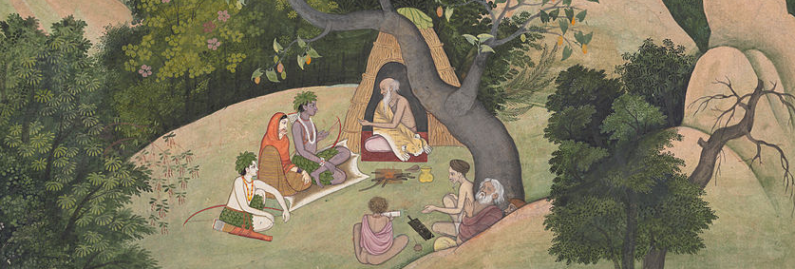
by Zabaan | Jun 2, 2015 | Etymology, Sanskrit
To students who are new to Hindi, terms such as विद्यार्थी (vidyārthī = student) or अध्यापक (adhyāpaka = teacher) might seem a bit daunting and, without doubt, not only a bit too complicated for what they describe. That native speakers are, to a certain extent,...
by Zabaan | Jun 1, 2015 | Hindi, Linguistics, Sanskrit
The vowels ए (ē) and ओ (ō) of Sanskrit, and therefore also of Hindi and other North Indian languages that have sprung from Sanskrit, are always long. They do not have corresponding short forms, such as इ (i) and उ (u) have the corresponding forms ई (ī) and ऊ (ū). This...
by Zabaan | May 31, 2015 | Ancient Greek, Classical languages, Literature, Sanskrit
What ancient Greek and Sanskrit can tell us about our thinking Apparently daunted by the task of representing such momentous events of history as the battle of Agincourt, the chorus of Shakespeare’s Henry V clamours desperately: “O for a Muse of fire, that...
by Zabaan | May 28, 2015 | Ancient Greek, Classical languages, Literature, Sanskrit
Both in the Vedic hymns and in the Homeric poems dawn is imagined as radiant young woman. The Vedic hymns describe her as she who, everyday anew, suffuses the world with vital energy and rouses its creatures form the inertia spread over the world by night. यूयं हि...


